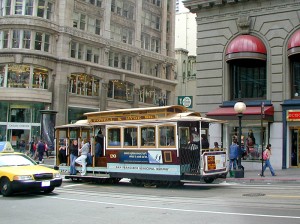Love
by Jake McPherson
What is love? I’m not sure I know.
Google defines it as “an intense feeling of deep affection” as the noun and “feel a deep romantic or sexual attachment to (someone)” as the verb. Definitions are often sparse, and these leave me wanting more.
Does love have conditions? If I have great affection for a person but I dislike one aspect a great deal, do I love that person? If I meet a man whom I find attractive and want to pursue, is my lust love? Is it a kind of love? Does love vary?
I might be arguing semantics. I’m not really sure what I’m doing.
I have a friend I’ve known for 15 years or more. We know each other intimately. I share my deepest thoughts with this man. I love him. I love everything about him. I love his artistry he displays at work. I love his sexual forays that he describes to me. I love his quest to inject meaning into his every moment. I love his pain. I love his faults that creep in every once in a while. I would fight for this man. I have no fear that our love might falter.
I love my children. They are young adults, and I am very happy with how they are maturing. I can say authoritatively they are genuinely good people. They each evince high standards of behavior. I would die for them. I would not think twice about it.
Those two are love. I have no doubt of it.
I want to know that quality of connection with a man.
In my meditations every morning, I remove the layers I accumulate throughout the day. First, I take off a thick layer I gain from simply walking around and interacting with the world. Next, I take off the layer I build up around myself each day to protect myself. I go within and remove the layer around something that’s in my core. Perhaps it’s the layer I create to hide myself from myself. Finally, I unzip the layer I build around my heart.
In meditation, I completely expose myself to the Universe.
When I continue meditation, I move through a landscape of love. I end up walking through a wall of light coming to a place of immense love. From here, I can go even higher. Yesterday, I did just that, and I removed even another layer ending as a shining beam of light.
I want that with a man. I want to be that exposed.
Pure openness.





